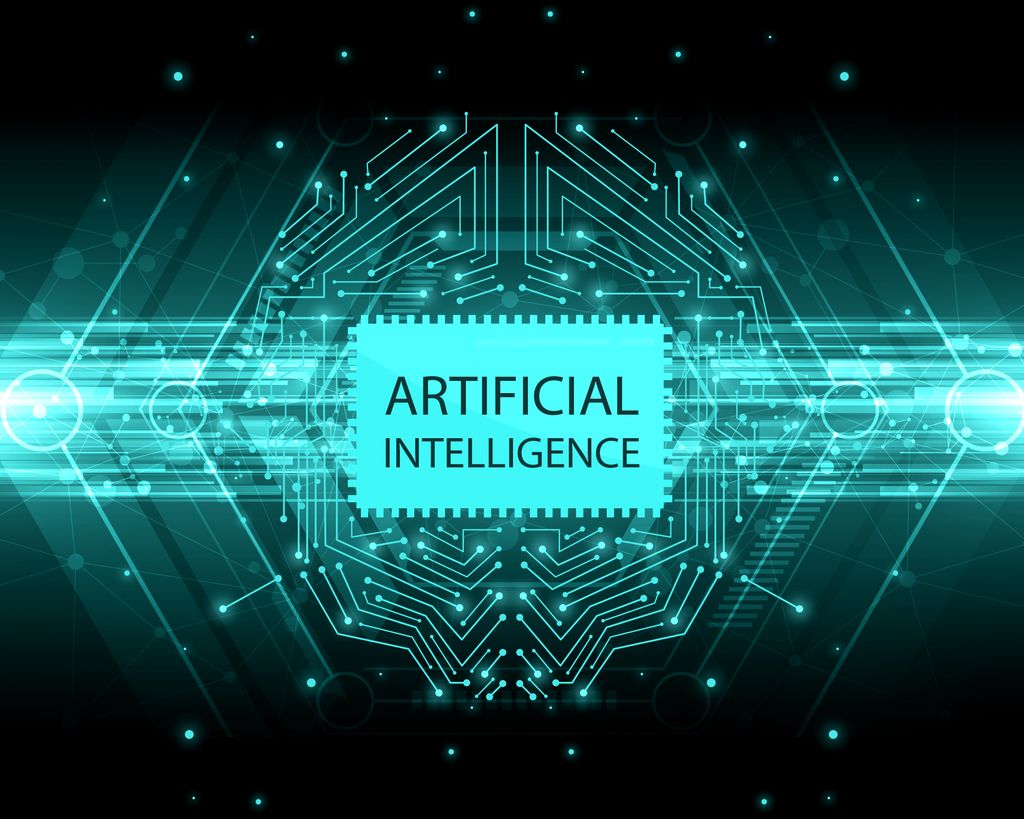Exploring the Role of Artificial Intelligence in Society

Revolutionizing Healthcare with AI
Artificial intelligence is revolutionizing the healthcare industry, bringing about significant societal impact. With AI, medical professionals can make more accurate diagnoses, leading to improved patient outcomes. Ethics plays a crucial role in the development and implementation of AI in healthcare. It is important to ensure that AI algorithms are
fair and transparent, addressing any potential biases or discrimination. Privacy and security are also key considerations in the age of AI, as patient data must be protected. AI has the potential to revolutionize healthcare, improving access to quality care and enhancing patient experiences.
Enhancing Customer Experience through AI
Artificial intelligence is revolutionizing the way businesses interact with their customers. With AI-powered chatbots and virtual assistants, companies can provide personalized and efficient customer service. This not only improves customer satisfaction but also saves time and resources for businesses. AI algorithms analyze customer data to understand their preferences and needs, allowing companies to offer tailored recommendations and suggestions. Through AI, businesses can create a
seamless and enjoyable customer experience, fostering loyalty and trust.
AI in Finance: Unlocking New Opportunities
In the world of finance, artificial intelligence is
revolutionizing the way we do business. From automated trading algorithms to personalized financial advice, AI-powered solutions are transforming the industry. The societal impact of AI in finance is immense, both politically and socially. It has the potential to democratize access to financial services, empower individuals to make better financial decisions, and drive economic growth. With AI, the financial industry is entering a new era of innovation and opportunity.
Ethical Considerations in AI Development

Ensuring Fairness and Transparency in AI Algorithms
Artificial intelligence has the potential to greatly
impact society, both politically and on a social scale. As AI algorithms become more prevalent in decision-making processes, it is crucial to ensure fairness and transparency. By implementing ethical guidelines and standards, we can mitigate the risks of bias and discrimination in AI systems. This will help create a more inclusive and equitable society where everyone has equal opportunities. Additionally, privacy and security concerns must be addressed to protect individuals' rights and maintain trust in AI technologies.
Addressing Bias and Discrimination in AI Systems
Artificial intelligence has the power to shape our society in
profound ways. As we address the issue of bias and discrimination in AI systems, it is important to consider the societal impact of this technology. AI has the potential to influence political landscapes and social dynamics, making it crucial to ensure fairness and transparency in its development and deployment.
Privacy and Security in the Age of AI
In the age of AI, privacy and security have become crucial concerns. As
AI technology continues to advance, it is important to address the potential risks and challenges that arise. The impact of AI on society, both politically and socially, cannot be underestimated. With the increasing use of AI in various domains, it is essential to ensure that privacy is protected and security measures are in place.